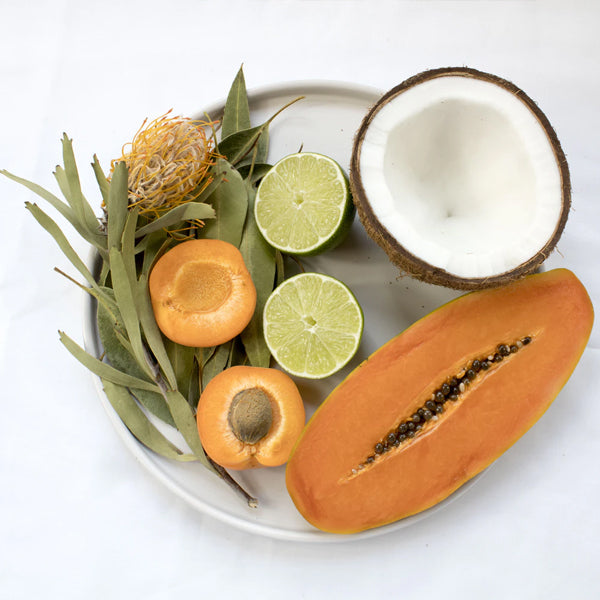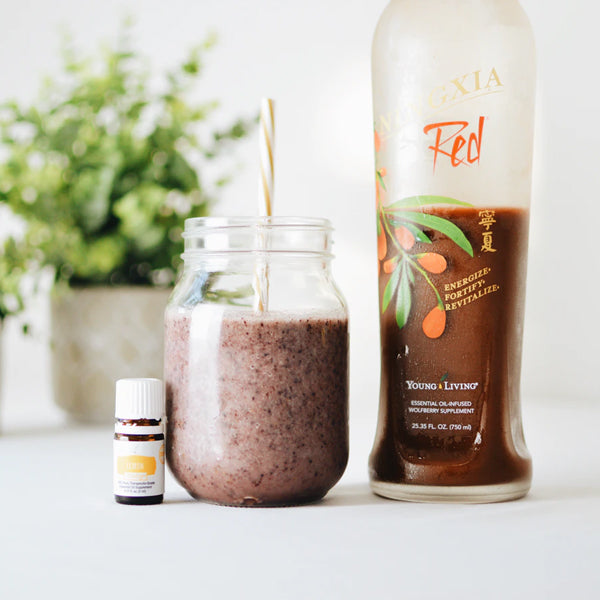
Turmeric vs Curcumin
You’ve probably heard a lot lately about the benefits of turmeric and curcumin because of recent, highly-publicized studies highlighting their healthy properties. And you might have noticed that in some cases the two are used interchangeably, touting many similar benefits, which can get a little confusing. So, what’s the difference? And which one is better to take as a supplement, curcumin or turmeric?The two are often mentioned together because curcumin is derived from turmeric. Turmeric has been used as an herb for thousands of years, and its use over the years is well documented for promoting health. So, naturally researchers wanted to find out what makes turmeric so good for you. They learned that one the biggest health-promoting components of turmeric is curcumin. But does that mean curcumin is always better? Not necessarily. It isn’t quite that simple!
It’s the roots, or “rhizomes” of this plant that is used in culinary spice powders and herbal tonics. Curcumin is a naturally occurring compound within the turmeric plant’s roots. It's a carotenoid pigment that has strong antioxidant activity and gives turmeric its flashy yellow color. There are two other compounds in turmeric that are related – demethoxycurcumin and bisdemethoxycurcumin.You may be familiar with some other carotenoids, like lutein and zeaxanthin for vision health, and beta-carotene, which the body converts into vitamin A – all of which lend color pigmentation to the foods that contain them. In plants, carotenoids help them absorb light to be used as energy for photosynthesis and function as antioxidants to combat free radicals that may damage plant cells. It might seem a little strange at first to consider that pigments are good for us, but our bodies are complex and use natural substances in ways we might never imagine! Numerous research studies have indicated that curcumin may be able to influence multiple cell signaling molecules, which is a complex explanation for why repeated studies show curcumin having such diverse and positive effects on our health.So, if curcumin comes from turmeric, does it matter which one you take? Is one better than the other? There are arguments for both sides. Many experts agree that we should get most of our nutrients in the way nature intended, from whole foods, because other nutrients within our foods may also play a role in how our bodies process them and the benefits we receive from consuming them. This is also why you’ve probably heard that you should eat most fruits without peeling off their skins since the peels of fruits contain nutrients too.Turmeric roots contain a number of substances beyond curcumin. The turmeric spice you might have in your kitchen is made by drying and grinding whole turmeric root into a powder. Turmeric extract is a little different. It’s made by shredding turmeric root and letting it sit in edible solvents for several weeks before straining, and the result is a strong elixir. The amount of curcumin is lowest in turmeric root powder, at around 3%, higher in turmeric extract, which can contain up to 95% curcumin, and then there’s 100% curcumin extracted from turmeric. Researchers say that extracted curcumin has more antioxidant activity when compared to turmeric powder, but the other curcuminoids in turmeric (demethoxycurcumin and bisdemethoxycurcumin) also exhibit antioxidant activity.







